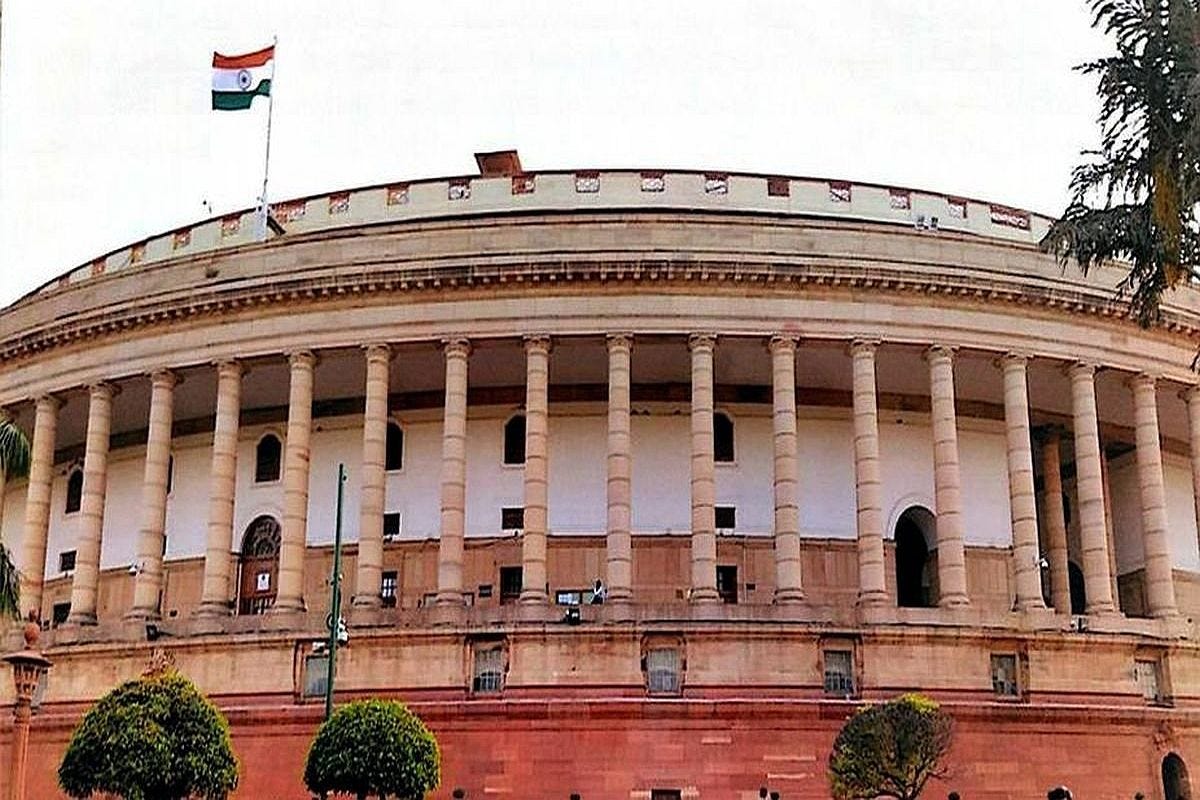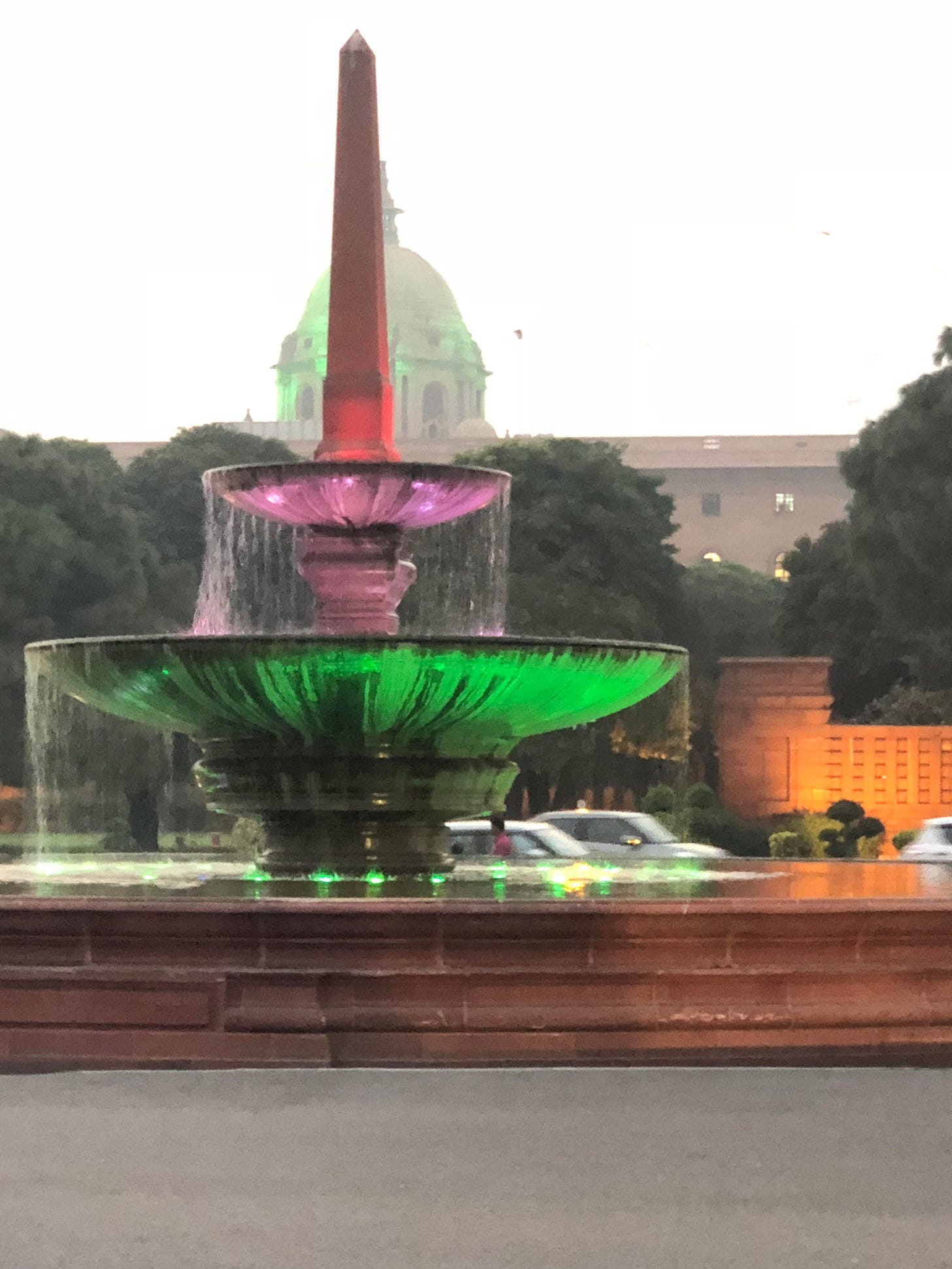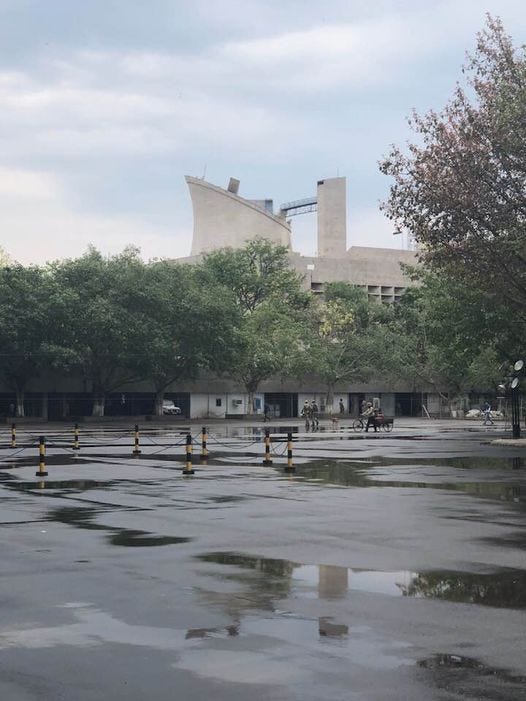PPP-Power to the People?
In a panorama of PPPs, the public-private partnerships parade as the leading choice, painting our infrastructure with a promise of progress. But this P-theory makes me ponder a peculiar puzzle. As I look at the diverse personas in our society, it's striking to see their unexpected pursuits. Instead of persevering to preserve our nation, many seem to adopt roles opposed to their essence. In this confusion of roles, one can't help but wonder - what's in store for our Nation's future?
In a country where…….
1. Politicians polarize and politicize;
· Politicians have a tendency to create divisions (polarize) among people and turn non-political issues into political ones (politicize).
2. Fraud godmen proselytize;
· These self-styled religious godmen offer unethical inducements to convert or recruit people to their beliefs or faiths.
3. Babus paperize;
· "Babus" is a colloquial term in India that often refers to government officials or bureaucrats. Here, "paperize" could mean that they create excessive paperwork or bureaucracy.
4. Policemen pressurize;
· Law enforcement might exert undue influence or pressure, possibly implying misuse of their authority.
5. Students plagiarize;
· Some students copy or use another's work or ideas without permission or acknowledgment, undermining genuine learning and academic integrity.
6. Teachers pedagogize and professorize;
· Educators impart knowledge or operate in a bookish manner, without instilling specific ways of thinking in their students.
7. Parents penalize and patronize;
· Parents might punish or correct their children (penalize) and at times, treat them in a condescending manner (patronize), implying they're naive or not capable of understanding certain things.
8. Petitions paralyze;
· Legal or bureaucratic requests can halt processes or decision-making, leaving petitioners unable to get swift justice, indicative of the system's inability to respond promptly or effectively.
9. Pehalwans and Gangsters pulverize and prioritize;
· Both traditional wrestlers and criminal elements exert their dominance—whether in the ring or in the underworld. While pehalwans (bahubalis) overpower their opponents, gangsters strategically prioritize their illicit operations, including extortion hit-lists.
10. Pressmen paparazzi;
· Journalists or media personnel act invasively, much like the paparazzi, prioritizing sensational or celebrity news over more substantial matters.
11. Punters psychoanalyze
· In the stock market, punters dissect the mindset of greedy investors to take them for a ride.
12. Masses proliferate—
· The general population multiplies or grows rapidly.
Pause before Pauperizaton?
After journeying through these twelve P's, each pointing to peculiar practices and paradigms, one cannot help but pause and ponder. With these prevailing patterns, where stakeholders stray from their intended roles, Shakespeare's Hamletian words resonate: 'The time is out of joint; O cursed spite, That ever I was born to set it right!' Yet, within the dissonance lies an opportunity for harmonious change. In a society rife with such paradoxical pursuits, it's not just a question of fate, but one of choice. Every citizen becomes a catalyst for transformation. By each individual's commitment to integrity, empathy, and conscious action, we can align the time and mend the fractures. The pillars of our nation can stand firm against the tide. Amidst this dynamic tapestry, the pressing proposition remains: won't the country pauperize?
March into Positivity and Optimism
But even as this query hangs in the air, a rallying call for collective action resounds. For the future isn't solely tethered to the whims of circumstance; it's shaped by the collective will of its citizens. We stand at a crossroads where optimism meets responsibility. By raising our voices against injustice, by fostering unity, and by nurturing the virtues that reflect our nation's true strength, we become agents of positive change. In a symphony of shared aspirations, we orchestrate a narrative of hope and progress.
Indeed, while the specter of pauperization looms, it need not dictate our destiny. The call to action is clear: let each of us be a force of positive change, a beacon of hope, and an unwavering guardian of our nation's well-being. In doing so, we seize the reins of history and redirect it towards a flourishing future1.
"From Voter to Citizen": Unleashing the Power of Active Participation
Introduction: India, the world's largest democracy with a population of over 1.42 billion people, boasts of a politically aware and well-informed citizenry. In this era of information, where the internet plays a pivotal role in disseminating knowledge, citizens are increasingly engaged in various local and global issues. This hold good even though a sig…









